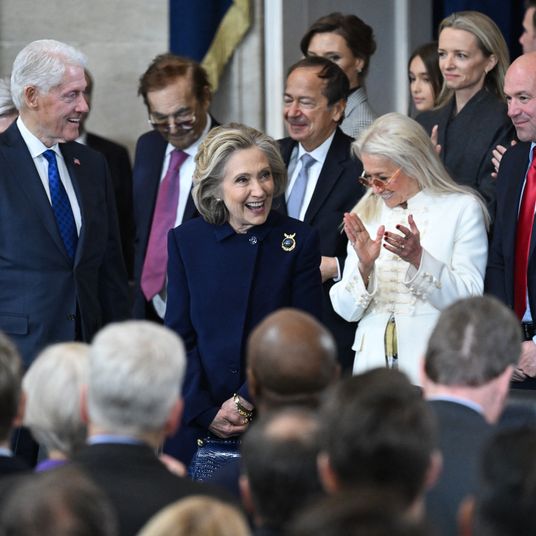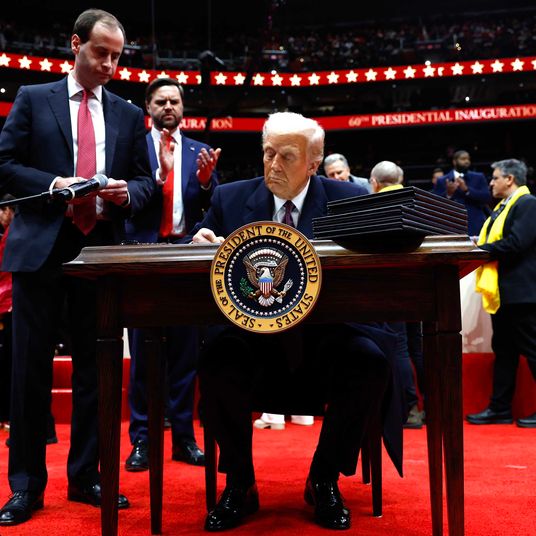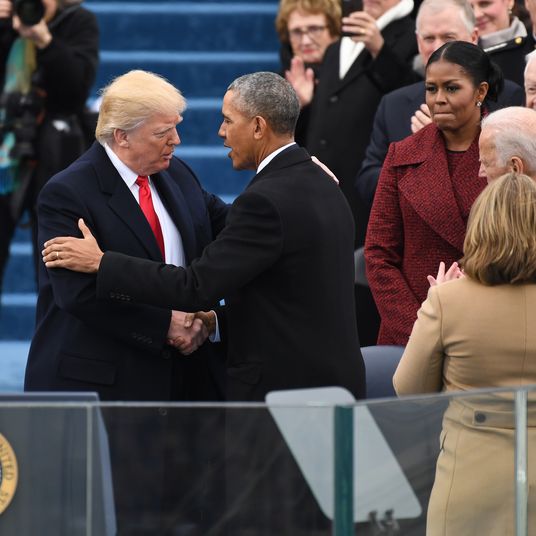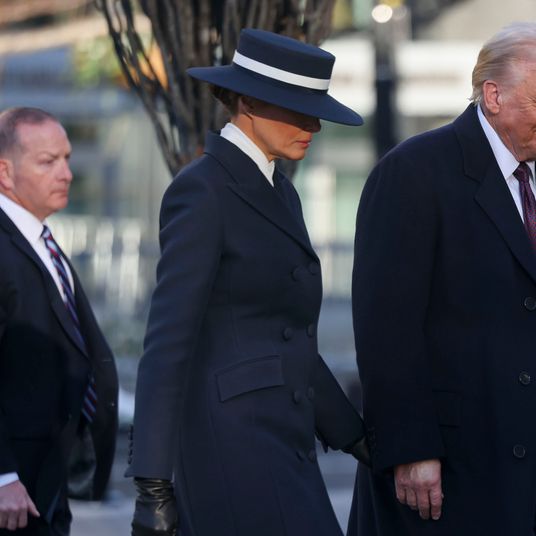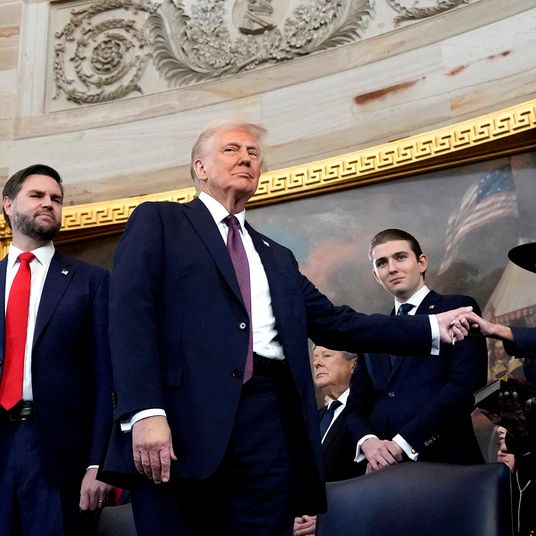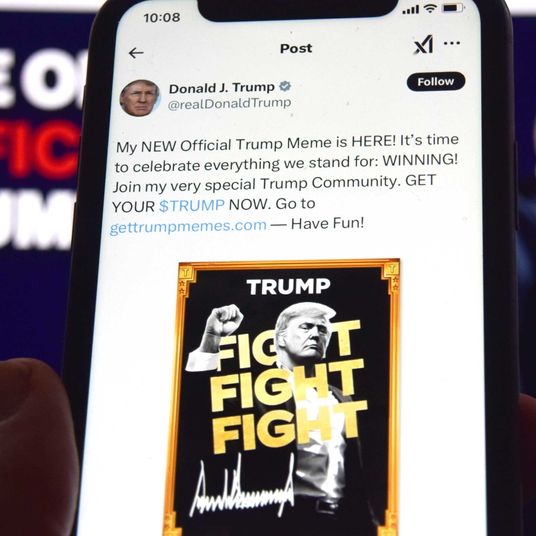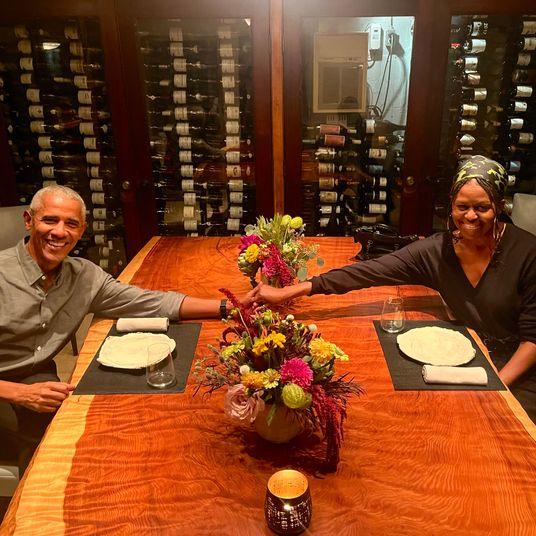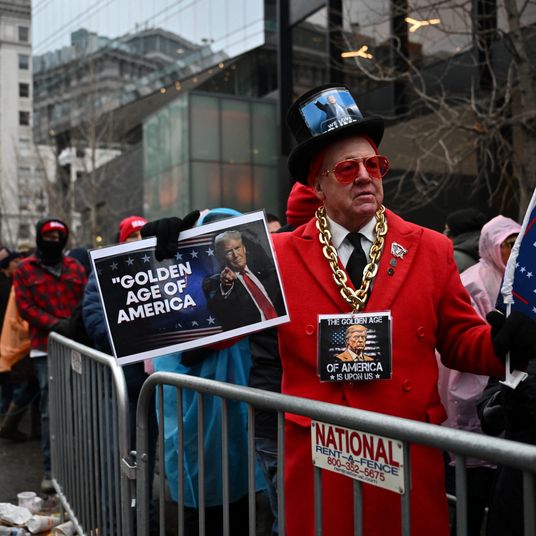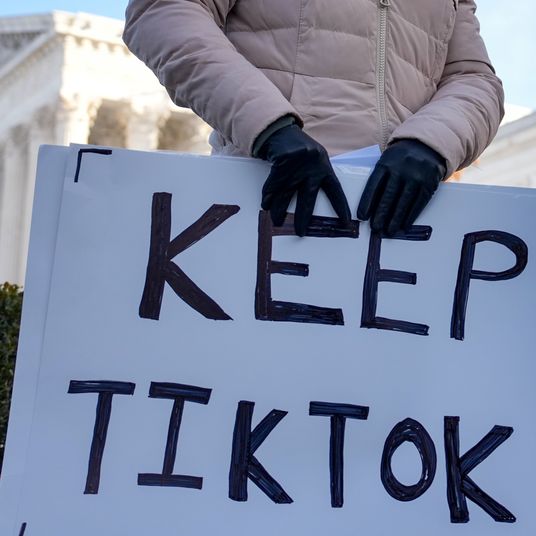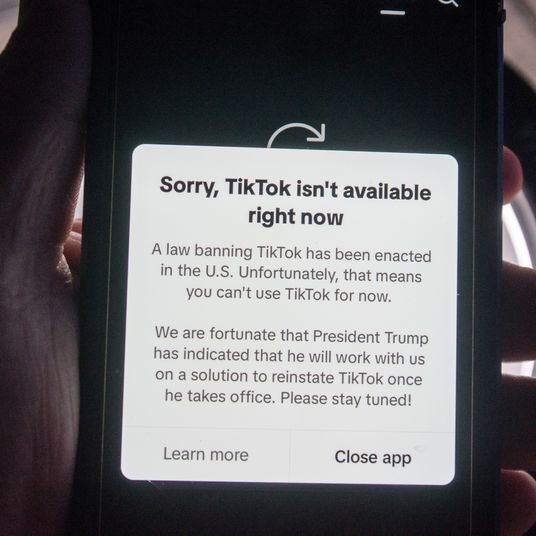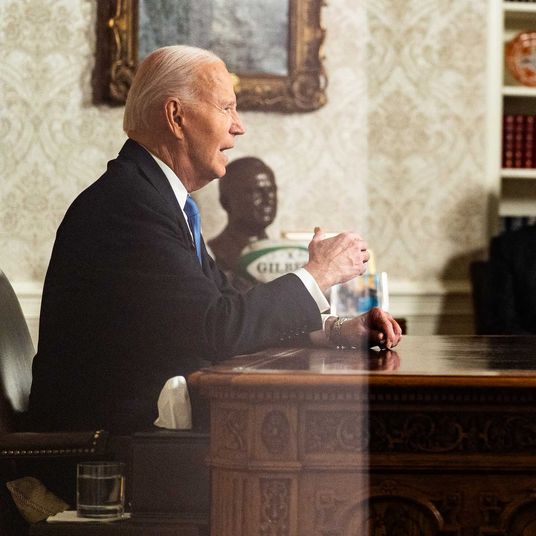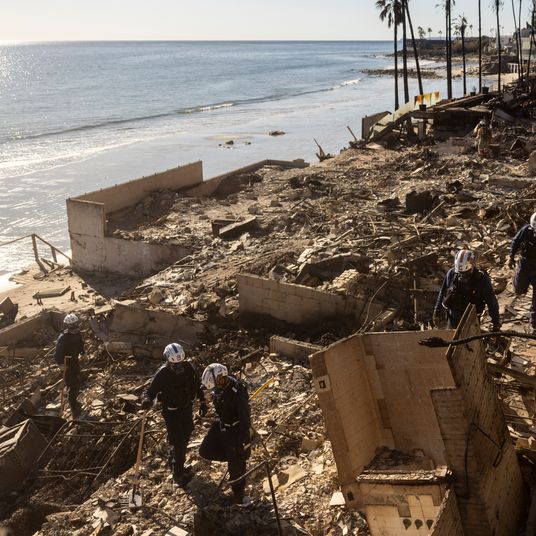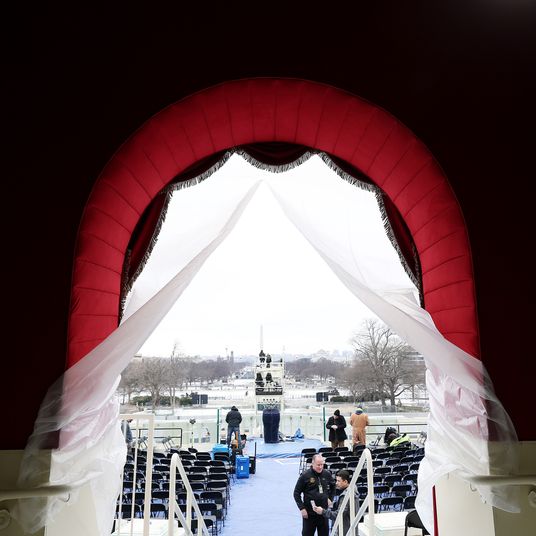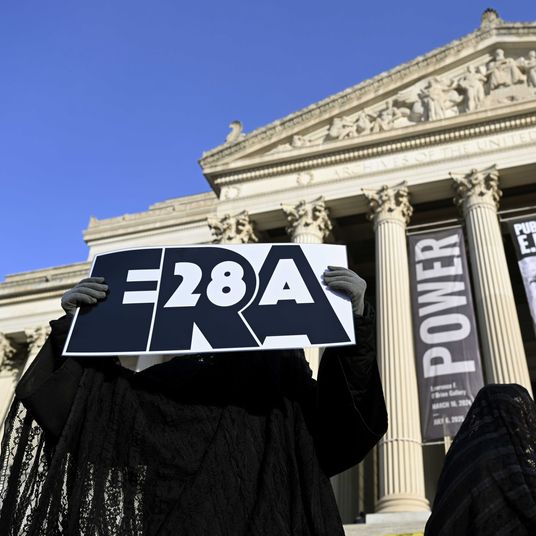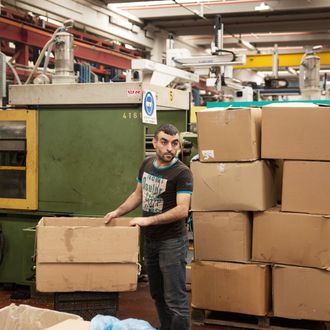
The European Union announced new rules Wednesday that will require different labeling on exports from Jewish settlements in the West Bank, so as not to be confused with products of Israel itself.
The United Nations views the settlements as a violation of the Geneva Convention’s prohibition on an occupying power resettling its own civilian population within a conquered territory, and both the EU and the United States consider Israel’s steadily expanding settlement project to be a significant barrier to achieving a potential two-state solution between the Israeli government and the Palestinian Authority. Israel has long argued that the U.N. prohibition is not applicable to the areas it has occupied since the end of the 1967 War.
Israel was quick to denounce the new rules.
“The labeling of products of the Jewish State by the European Union brings back dark memories. Europe should be ashamed of itself. It took an immoral decision. Of the hundreds of territorial conflicts in the world it chose to single out Israel,” Prime Minister Benjamin Netanyahu said in a video statement. “The European Union is not going to hurt the Israeli economy, it’s strong enough to weather this. But it’s the Palestinian workers in Israeli enterprises in Judea and Samaria that will be hurt.”
The move is unlikely to have any significant economic impact on Israel. Ohad Cohen, head of the foreign trade administration in the Israeli Economy Ministry, told the Washington Post that the rules would cover “maybe 100 companies,” which together account for about $50 million of the nation’s $13 billion in yearly exports to the European Union. The Post points out that “more than 500,000 Jewish settlers live in the West Bank and East Jerusalem on land that the Palestinians want for a future state. There are 16 to 20 industrial parks, and hundreds of farms, vineyards and date groves.”
The new labels could help exports as well, if sympathetic European consumers make a point of buying the marked products.
Still, the measure is a powerful symbol of Europe’s disapproval of the Israeli occupation — a symbol that Palestinian leaders hope could be the first step toward a wider boycott of the Jewish State.
The U.S. State Department reiterated its opposition to both boycotts of Israel and the nation’s ongoing settlement project on Wednesday.
“We oppose efforts to isolate or delegitimize the state of Israel,” State Department deputy spokesman Mark Toner told reporters, before adding that “it shouldn’t be a surprise to Israel or to anyone that countries are looking at steps that could lead to boycotts or other efforts given their policy on settlements.”
In protest, Israel has suspended diplomatic meetings with EU leaders scheduled for the coming weeks, the Los Angeles Times reports.
Speaking Tuesday at the Center for American Progress, a liberal think tank, Netanyahu claimed that the settlements were not a “core issue” in his country’s stalled peace talks with the Palestinians. But as ThinkProgress, the think tank’s journalistic arm, pointed out, after the last round of negotiations failed in 2014, the State Department official who spearheaded the talks said that Israel’s settlement expansion has a “dramatically damaging impact” on the prospects for peace.






